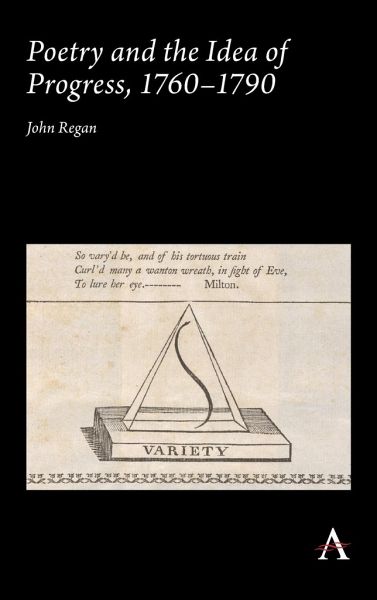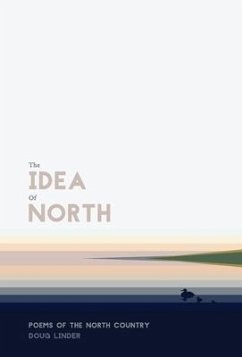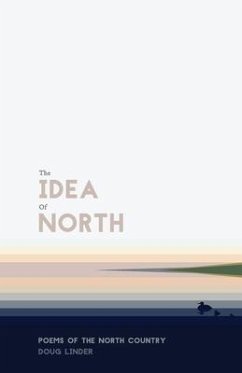
Poetry and the Idea of Progress, 1760-90
Versandkostenfrei!
Versandfertig in 1-2 Wochen
120,99 €
inkl. MwSt.
Weitere Ausgaben:

PAYBACK Punkte
60 °P sammeln!
'Poetry and the Idea of Progress, 1760-1790' explores the role of poetry in eighteenth-century thinking on human progress. Its central contention is that the textural, verbal characteristics of poetry were a crucial form of response to ideas of human development. That is, the aesthetics of verse - how poetry appeals to the senses as well as to the intellect - constitute inadequately appreciated forms of response to the ideas of progress which were developing and gaining popular traction in Britain in the period 1760-1790.














